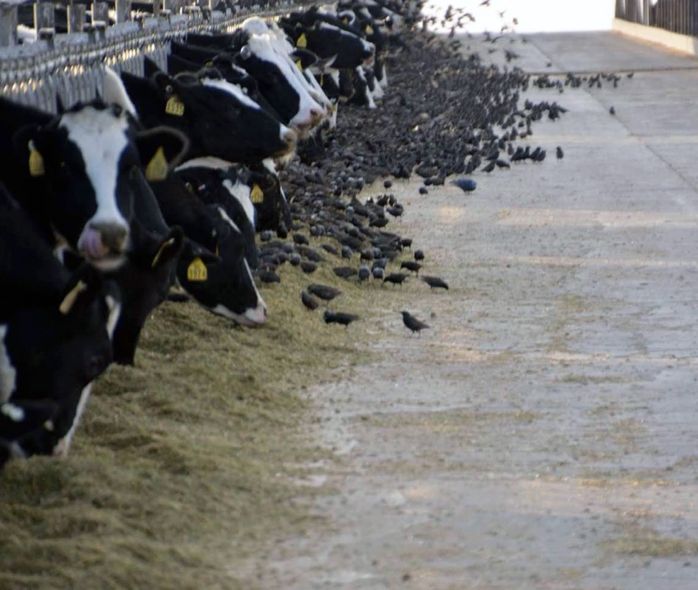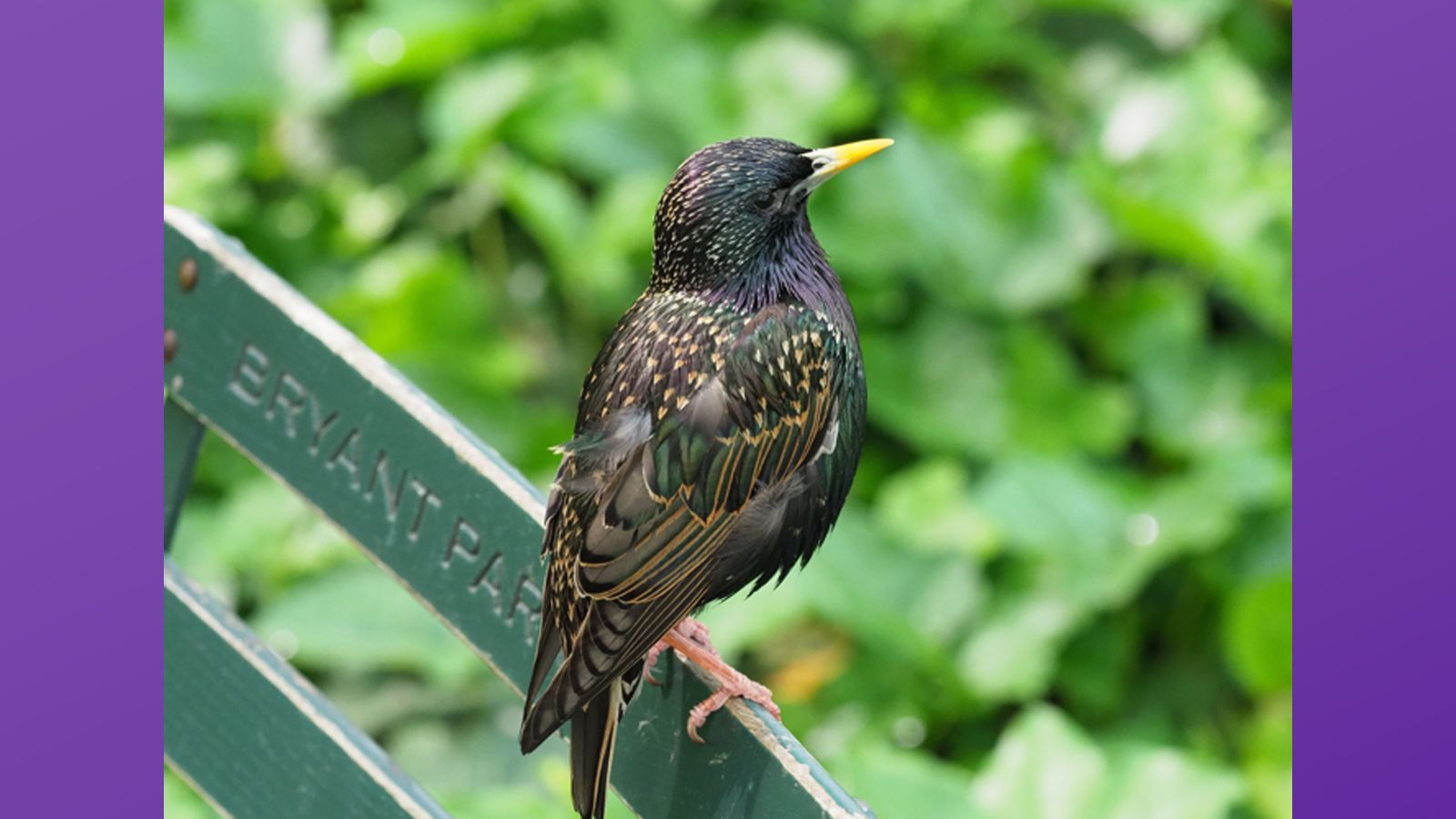Bird is the word!
A new doctoral lecturer in Hunter’s Anthropology Department has made an important discovery about starlings, a medium-sized dark bird seen all over North America and often on the sidewalks of New York.
In a paper just published in Scientific Reports, Julia Zichello and collaborators noted that North American starlings — an invasive species from Europe — are smaller and have longer beaks than those in their natural range. She posits that a change in diet and climate may have driven these evolutionary changes.
“Starlings eat corn meant for cattle on farms across the U.S., so they may have evolved longer beaks to select the high-energy corn out of hay more efficiently,” Zichello said. “We also found that birds found in North America are slightly smaller than in their native Eurasian range, which may be because of hotter summers here.”
Starlings are one of the world’s worst invasive species, causing serious threats to biodiversity, agricultural crops, and livestock. Dairy cattle even make less milk because starlings steal so much of their food. Zichello’s study highlights how an invasive species can adapt over a short period in response to human-modified landscapes and novel climates.

A flock of starlings forages for corn in cow feed. Photo courtesy, Scott Werner, U.S. Department of Agriculture, Animal and Plant Health Inspection Service.
A Hunter alum, Zichello earlier held a position as the assistant director of exhibition education at the American Museum of Natural History, designing educational programming for museum visitors on human evolution, genetics and neuroscience. She enjoys working inside and outside of academia to communicate to broad audiences about biology and evolution, and remains a research associate at the museum.
She is also a resource faculty member at the New York Consortium in Evolutionary Primatology and the New York University Skeletal Biology Masters Program.
At Hunter, Zichello teaches introductory courses for non-majors and advanced courses for Human Biology majors, including Human Evolution lecture and lab, Human Evolutionary Genetics, and Science Communication for Human Biologists.
“Teaching at Hunter College is inspiring for me,” she said. “I was a Hunter student once, too, so I am thrilled to be able to facilitate the growth of new ideas and perspectives for Hunter students in anthropology, evolution, and beyond.”
Zichello’s recent starling research serves to illustrate a basic evolutionary mechanism, how species adapt to their environments, which applies to all living organisms — including humans.


